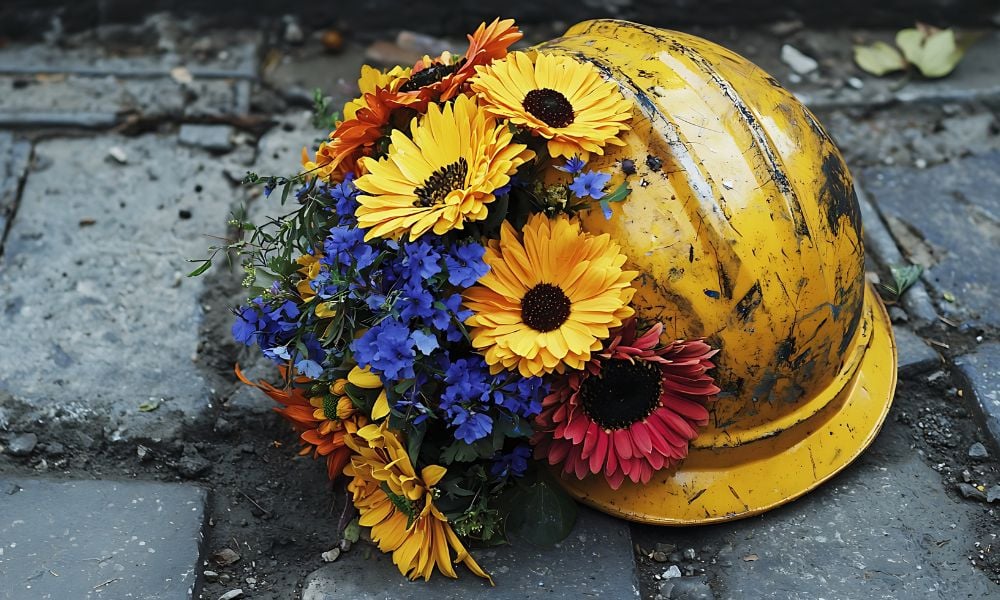'This is a positive sign of improvement in the mental health of Canadians, but we still have a ways to go'

Canadians’ mental health is improving, according to a report from Mental Health Research Canada (MHRC).
Specifically, high self-rated levels of anxiety stood at 11 per cent based on the survey of more than 3,000 respondents conducted between July 13 and 22, 2022.
This was down from 21 per cent in April.
Also, high self-rated depression dropped to nine per cent from 14 per cent during the same period.
“This is a positive sign of improvement in the mental health of Canadians, but we still have a ways to go to reach (and hopefully surpass) levels seen prior to the pandemic,” according to MHRC.
However, those self-reporting high anxiety or depression still are much more likely to be experiencing symptoms of a severe mental health disorder (54 per cent compared to 42 per cent from last poll).
Also, just one in 10 Canadians have accessed mental health support in the past year. Among them, more than one quarter (27 per cent) have paid for these supports, at least partially, out of pocket, while 17 per cent sought support through free community or campus-based programs.
Over half of Canadians are experiencing some symptoms of post-traumatic stress disorder (PTSD) and 10 per cent indicate experiencing symptoms at a level that is considered severe.
What’s the top hazard paramedics face in their line of duty? PTSD, according to a previous report.
Five per cent of Canadians are demonstrating signs of alcohol dependency and nine per cent are indicating harmful behaviours, according to MHRC. One in ten reports being unable to stop drinking once they have started at least once a month.
Canadians experiencing cannabis use disorder also demonstrate to be more likely to show symptoms of alcohol dependency (48 per cent). One in ten respondents indicate using cannabis to an extent that is considered to range from hazardous to dependent.
Neglecting mental health in hazardous work environments can have fatal consequences, according to one expert.
“If somebody is not on their game on that particular day, and you’ve got colleagues working around you and all of a sudden you have one of those lapses, there could be very serious consequences,” said Michael Pietrus, director, Mental Health Commission of Canada.





